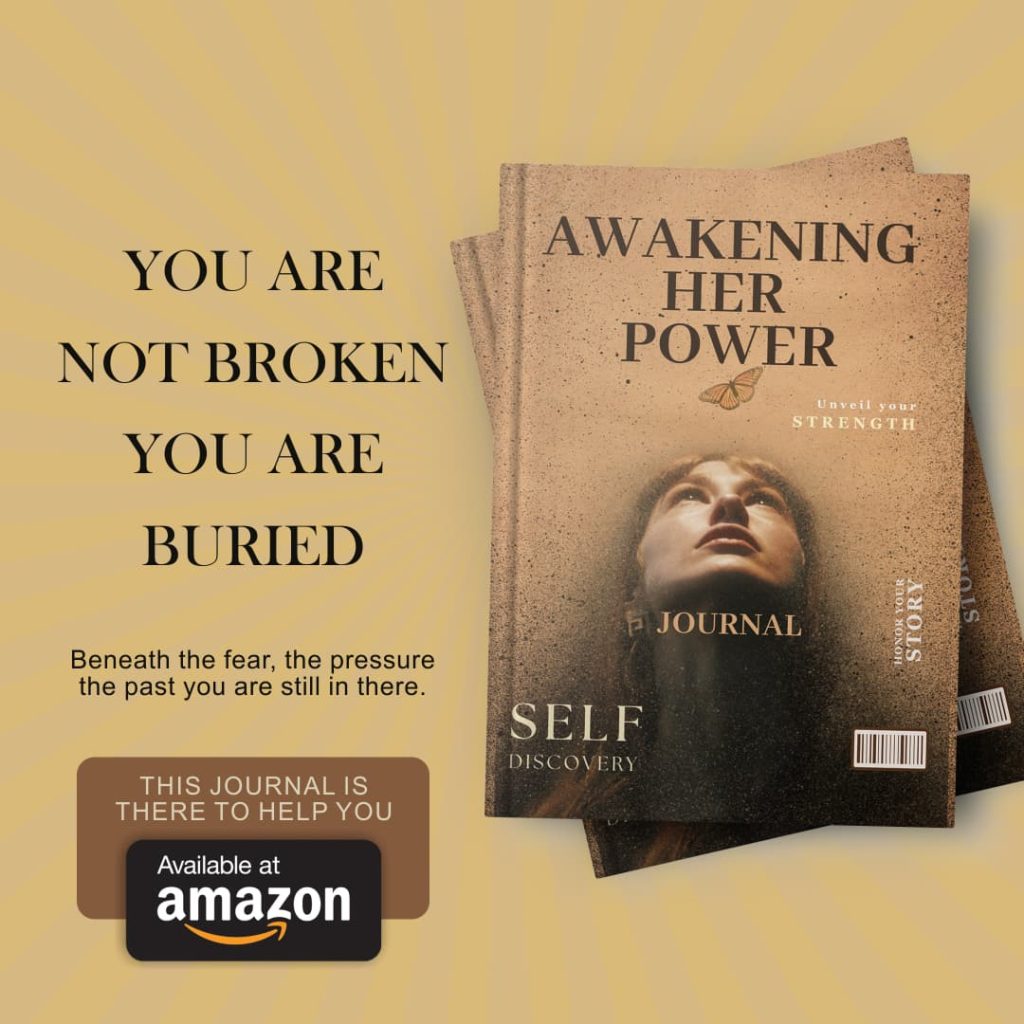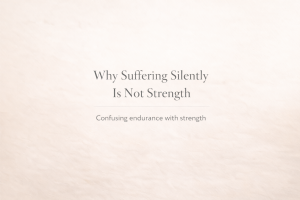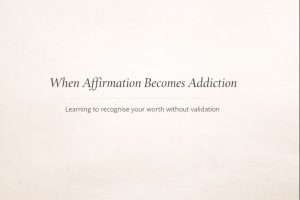Unmasking the Deceiver: Understanding the Psychology That Fuels Dishonesty
Lying. It’s something nearly every person has done, yet few truly understand. Why do people lie—even when the truth seems easier? What compels someone to keep deceiving, even after being caught? And most importantly, how can women awaken their inner power to recognize and rise above manipulation?
At Awakening Her Power, we believe knowledge is the first step to freedom. Let’s dive deep into the psychology of deception, what drives chronic liars, and how you can protect your energy, your mind, and your truth.
1. The Layers of a Lie: Why People Begin to Deceive
Lying often starts as a defense mechanism. It can be as simple as avoiding punishment or as complex as protecting a fragile ego. Here are some common motivations behind lies:
-
Fear of Consequences: Fear drives many to avoid the truth. Whether it’s a child hiding a broken vase or an adult concealing infidelity, the anticipation of negative outcomes can override integrity.
-
Desire for Approval: Some lie to be liked, to appear more successful, or to gain admiration. These lies often mask feelings of inadequacy.
-
Control and Manipulation: This is more insidious. Some individuals lie not out of fear, but out of a need to dominate others. This is where deception becomes a tool of control.
2. Chronic Liars: When Deceit Becomes a Habit
For some, lying becomes a way of life. Psychologists refer to this as pathological or compulsive lying—a behavior that goes beyond occasional dishonesty.
-
Brain Patterns & Reward Systems: Research shows that repeated lying can rewire the brain. The more someone lies without consequences, the more likely they are to do it again. Their brain’s reward system becomes desensitized to guilt and more responsive to perceived gain.
-
Personality Disorders: Individuals with narcissistic or antisocial traits may lie as a matter of course. For them, truth is secondary to advantage. These people often lack empathy, making it easier to deceive without remorse.
-
Shame and Identity: Sometimes, chronic liars create a false self to cope with internal shame. They lie to maintain the illusion of who they wish they were.
3. The Emotional Toll: How Lies Impact You
When you’re on the receiving end of repeated dishonesty, the effects can be profound:
-
Self-Doubt: Being lied to consistently can make you question your own judgment. This is especially true when gaslighting is involved—a form of psychological manipulation where the liar denies your reality to keep control.
-
Emotional Fatigue: It’s exhausting to live in a world where truth is uncertain. Victims of chronic deception often feel anxious, hypervigilant, and emotionally drained.
-
Loss of Self-Trust: Perhaps the most damaging effect is the erosion of self-trust. When you ignore your intuition long enough, it starts to go quiet. Awakening your power means learning to listen to it again.
4. How to See Through the Mask
Recognizing deception is the first step to protecting yourself:
-
Inconsistent Stories: Liars often struggle to keep details straight. If someone’s version of events changes frequently, that’s a red flag.
-
Avoidance and Deflection: They may shift blame, change the subject, or get defensive when questioned.
-
Your Intuition: If something feels off, honor that feeling. Your inner wisdom is often more accurate than logic.
5. Empowering Yourself Against Deception
You don’t need to become paranoid to protect your peace. You just need to become aware. Here’s how:
-
Reconnect with Your Inner Voice: Journaling, meditation, and quiet reflection help you tune back into your intuition.
-
Set Boundaries: When someone repeatedly deceives you, establish firm boundaries. Remember: love is not an excuse for disrespect.
-
Educate Yourself: Understanding human psychology empowers you. Knowledge turns confusion into clarity.
-
Practice Radical Honesty: The more you live in your truth, the more naturally you recognize those who don’t.
6. Awakening Her Power: From Victim to Visionary
Lies can’t survive in the light. When you begin to understand deception, you remove its power over you. You begin to see people for who they truly are—not through the lens of hope, but through the clarity of truth.
Awakening your power doesn’t mean becoming hard or cynical. It means becoming wise, compassionate, and unapologetically aligned with your truth.
✨ Final Reflection
The world will always have deceivers—but you have the choice to awaken, to rise, and to walk boldly in your truth. That is your power. That is your birthright.





